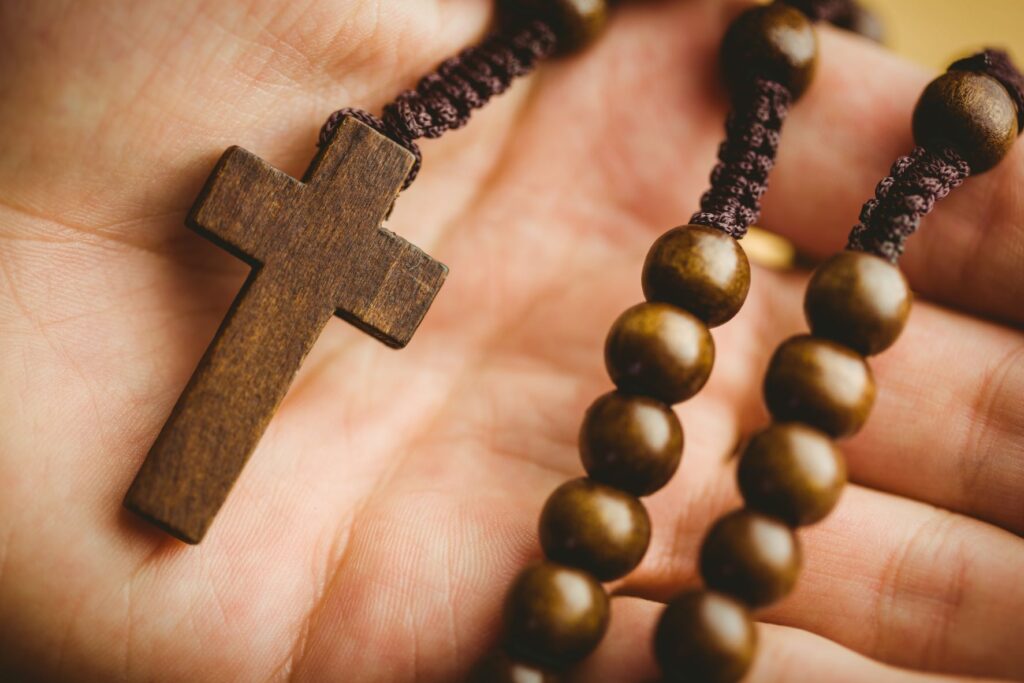What Makes Methodists Different From Other Evangelicals?
Methodists are a group of Christians who live a unique way of life. Although their theology may be a bit different from other denominations, they share many common traits. They believe that there is a loving God at all levels of the universe. They do not believe there is a “one God” or that God is one. They believe in three aspects of God, one being love.
The Methodist doctrine is contrary to God’s Word
There are many ways in which Methodist doctrine contradicts God’s Word. First of all, many Methodist theologians do not believe that baptism regenerates a baby. Yet, the Methodist creed mentions baptism as a sign of regeneration. This unscriptural language has caused confusion.
Second, the Scriptures speak of one God and one church. The Bible calls us to be one body.
It is not revelation of the Holy Spirit
Methodists do not claim revelation of the Holy Spirit. Methodists, like other evangelical denominations, claim to be Christians, but their doctrinal foundations do not support the apostolic view. However, this is not to say that Methodism is not Christian. In its early days, Methodism was focused on corporate accountability and grace working in the heart of believers. Methodists were against pneumatic phenomenology and prophecy. Methodists instead emphasized spiritual gifts and holiness and encouraged their congregation through prayer.
Over the years, the Methodist doctrine has undergone significant changes. Although Methodists believe in total sanctification and sinless perfection for many years, their doctrines are constantly changing. The doctrine of Original Sin, which was borrowed form the Catholic Church, has been nuanced, interpreted in many different ways.
It is not God’s pure Word.
The Methodist Church believes that baptism is not necessary in order to be saved and that forgiveness of sins is not required. This is contrary the Word of God which teaches that baptism and forgiveness are essential for salvation. Both are necessary for salvation and the entrance into Christ. The Bible also teaches that baptism is the only method to receive forgiveness of sins and salvation.
If you are a Methodist, you are under an obligation to believe in and uphold the teachings of your church. The truth is, Methodists do not practice the true gospel of Christ. This is because the Discipline teaches salvation is by faith alone, which does not align with the Word of God.

It is committed towards social justice
Methodists are committed social justice and have a long history of doing this. John Wesley led the early Methodists who visited prisoners, tutored children from the neighborhood, and spoke out against inhumane prison conditions, smuggling, slavery, and other social ills. Methodists today are involved in many causes, from racial justice and environmental care, and are committed to making a difference in the lives for everyone.
The social principles are a collection of guidelines, and represent the work of the General Conference. They are based upon sound biblical and theological foundations and are intended as instructive and persuasive. They encourage members to reflect thoughtfully and have intentional dialogues about faith, practice, and theology. These guidelines are not considered church law but are a living document which may change over the years.
It is committed to community
United Methodism refers to a group of churches who follow biblical teachings. It is similar to a new republic in the United States, with three branches and a highest legislative body, the General Conference. The purpose of this organization is to win people to Christ. Methodists are committed to community and outreach.
Methodists are a diverse group. They come from many countries, and they speak many different languages. This diversity allows them to reflect different national histories, cultures, and languages. United Methodists are committed, regardless of their ethnicity or nationality, to service and community. They believe God has a purpose in all of humankind and are concerned for God’s children. They value worship, music and community.


